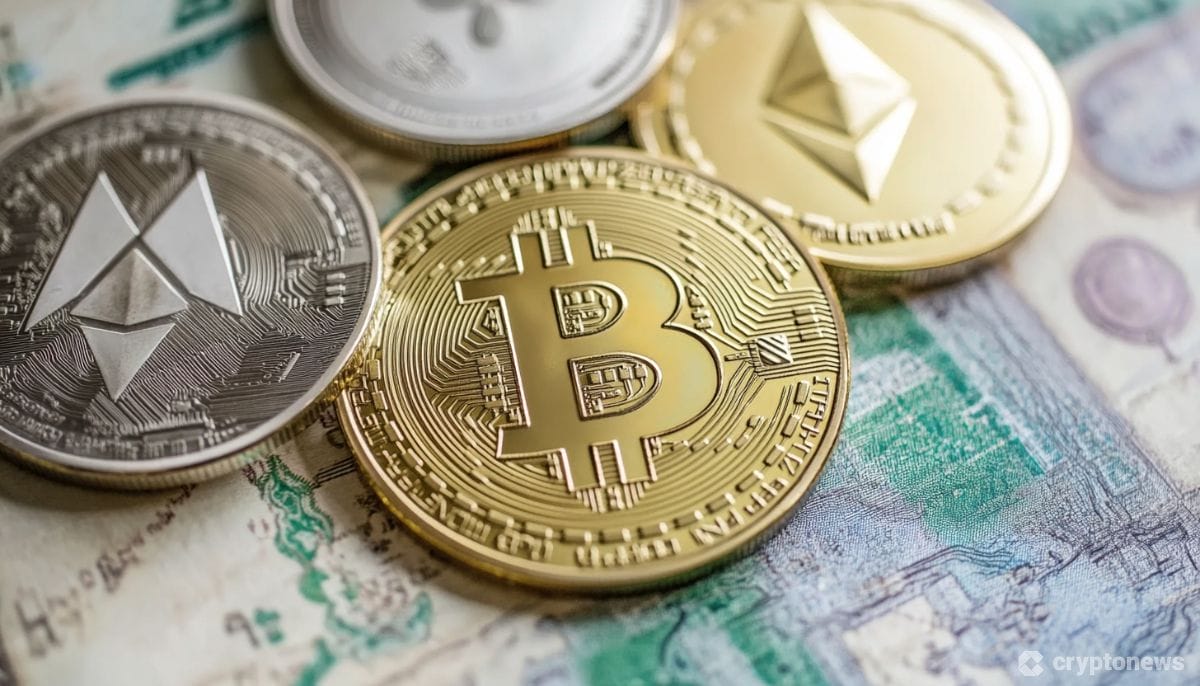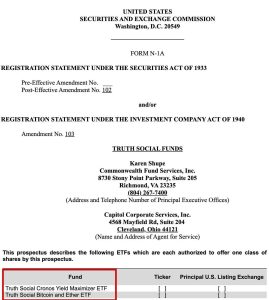Last updated:
 Why Trust Cryptonews
Why Trust Cryptonews

According to a local source, the Pakistani government is preparing to make substantial amendments to the State Bank of Pakistan (SBP) Act. The amendments aim to legalize digital currencies like Crypto and allow the central bank to oversee both physical and digital financial assets.
Alongside legalizing digital currency, the amendments also allow dual nationals to hold senior positions in the central bank, including governor and deputy governor roles, reversing restrictions introduced in recent years.
The government has submitted these proposed changes to the federal cabinet for approval, with the next steps involving Parliament’s review.
Should the amendments be accepted, Pakistan would join the growing number of countries embracing digital currencies within a regulated framework.
Pakistan to Legalize Crypto: Late to the Party?
The proposed amendments introduce “digital currency” into the SBP Act for the first time, granting the central bank the authority to issue and regulate digital currency as legal tender.
This move would also empower the SBP to manage financial assets in both physical and digital forms.
Additionally, the SBP would establish a subsidiary dedicated to developing and operating digital payment systems, ensuring the proper integration of digital currency into the financial system.
Section 13 of the Act, which currently bars dual nationals from holding key central bank roles, is also subject to revision.
The government aims to remove the “dual nationality” restriction, a provision initially adopted in 2022 and influenced by the International Monetary Fund (IMF) but not mandated by it.
This change would allow experienced professionals, including dual nationals like Deputy Governor Dr. Inayat Husain, to continue their roles or seek reappointments in the SBP.
Finance Minister Muhammad Aurangzeb recently highlighted the need for an expanded talent pool, stating:
“We may need to bring a few things back to Parliament, particularly regarding nationality.”
Penalties, Compliance, and Expanded Governance
The government has introduced penalties for unauthorized digital currency issuance to enforce strict regulatory oversight. The fines are set at twice the value of any illegally issued digital assets.
The SBP will retain the authority to report unusual financial transactions to the Financial Intelligence Unit-Netherlands (FIU-NL).
The proposed amendments also expand the SBP board’s authority over financial reporting and governance.
Key updates to section 9A empower the board to approve a broader range of financial reports, including half-yearly and annual financial statements.
Additionally, the board’s meeting protocol under section 9B would allow the board chairperson or three non-executive directors to call a meeting, streamlining the decision-making process within the central bank.
This latest development came after which the Sindh High Court in Pakistan directed the government to create a regulatory framework for crypto assets within three months and establish a committee to assess the legality of these regulations under Pakistani law.
This decision follows a petition challenging a 2018 statement by the State Bank of Pakistan (SBP), which declared that crypto assets are not recognized as legal tender and advised against their use for activities like mining, trading, and investing.
The court’s ruling mandates a comprehensive report on the legal implications of crypto regulation, with input from various government bodies, including the SBP, Ministry of Finance, Ministry of Information Technology, Pakistan Telecommunication Authority, and the Security and Exchange Commission of Pakistan.
Notably, the State Bank of Pakistan (SBP) is also expediting the development of a digital rupee, with a potential launch targeted for 2025.
Governor Jameel Ahmad has noted that high inflation rates are pushing individuals and businesses toward alternative currencies, including cryptocurrencies, and the SBP may view a CBDC as a means to retain control over the national currency.



















